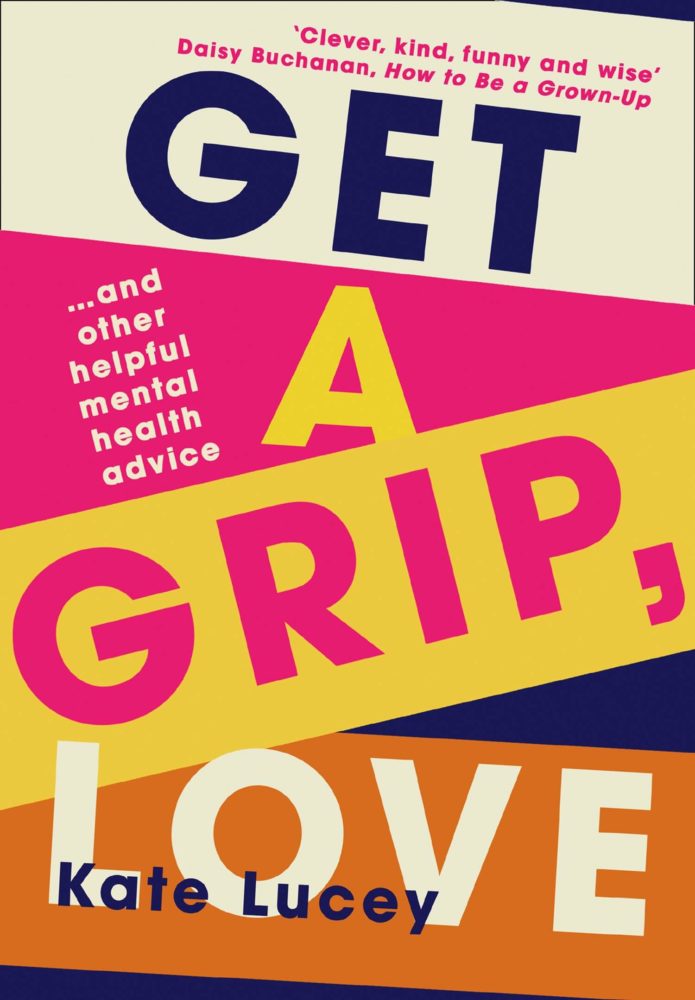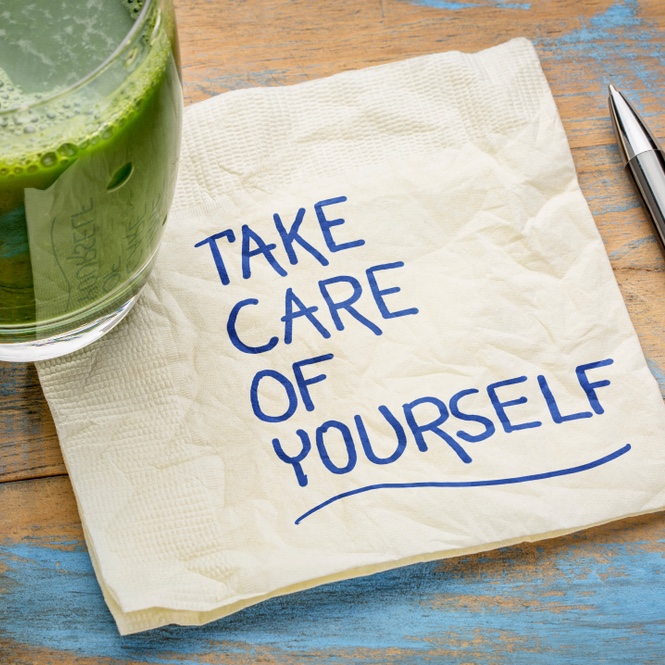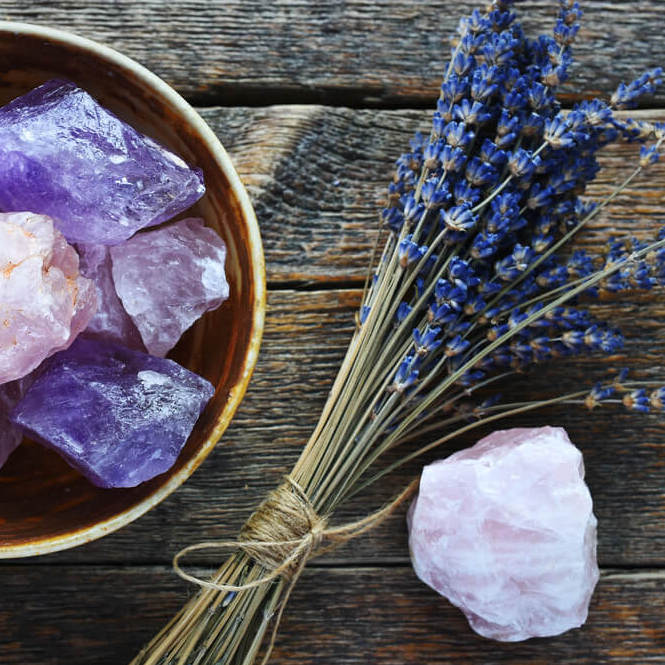5 Minute Read
Words by Kate Lucey
Share this article…

Why is sharing our struggles with our closest friends still so difficult?
To mark World Mental Health Day we asked writer Kate Lucey to share how and why she hid her feelings for so long.
My name is Kate and I am depressed. I’ve been ‘officially’ depressed for about seven years, and before I wrote a book about it felt entirely ashamed. I didn’t want to talk about it with my friends or family.
If you’d asked people I spent the most time with they would have described me as funny, strong, lively and someone who enjoyed a laugh. That is not how I saw myself.
Being depressed “for no reason” shrouds you in guilt. There are so many other people who have less, are going through worse, and who seem to be coping with life just fine. But being depressed “for no reason” is often the very nature of depression. A lot of the time there’s no logical reason behind mental health struggles, and no specific cause or blame for it.
Recent research from the Office for National Statistics (ONS) found that 21 per cent of adults in Great Britain experienced some form of depression in early 2021 – more than twice as many as pre-pandemic. It’s also estimated that one in six people are currently prescribed antidepressants. If this is so common, why can it still be so tough to discuss – especially with those we are closest to?
Depression looks totally different on everyone who’s unfortunate enough to have it wade into their brain. Some are entirely crippled by it and can’t do much beyond lying down with exhaustion. Others muddle through, while some depressives can be extremely high functioning, when in fact they’re crumbling on the inside.
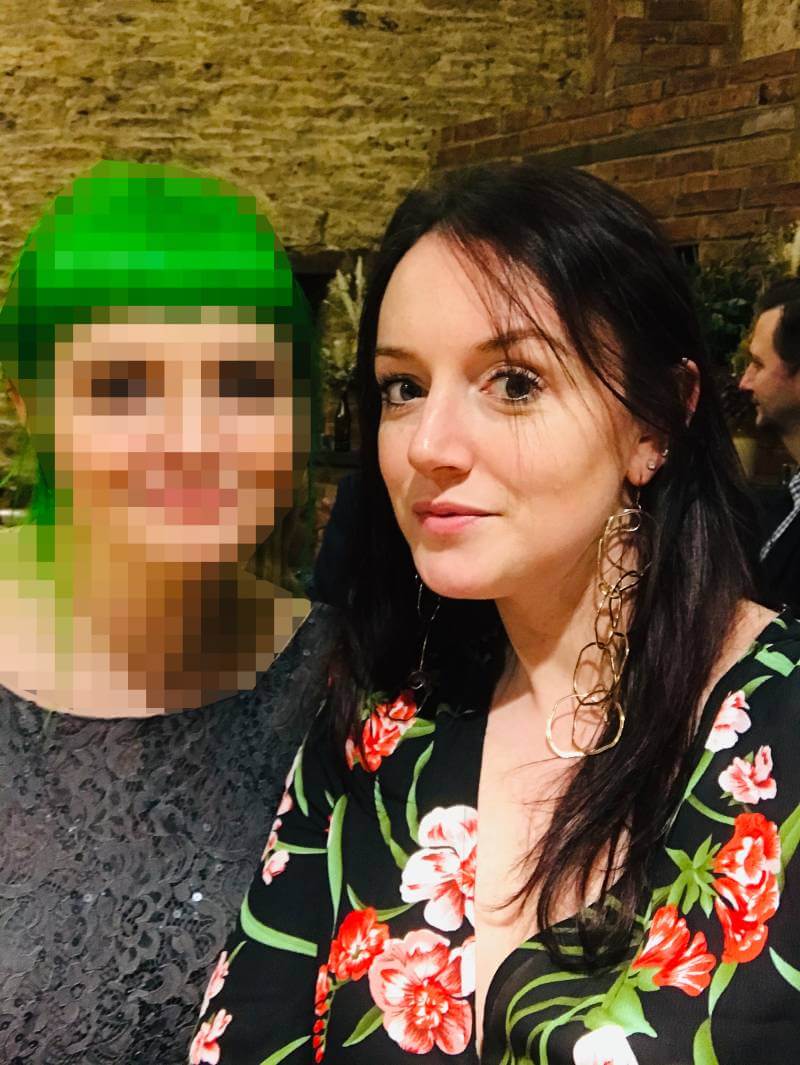
Kate before writing her book Get a Grip Love. Looking untroubled on the outside, but “this was when I was going through a real dark patch,” she says.
Humour is often used as a shield by those who are struggling.
Robin Williams once said, “I think the saddest people always try their hardest to make people happy, because they know what it’s like to feel absolutely worthless and they don’t want anyone else to feel like that.”
A lot of people make jokes when they’re uncomfortable or when they’re trying to avoid talking about something intimate or painful. Humour helps us deal with a whole buffet of nasty situations.
Personally, being someone prone to depression and also constantly cracking bad jokes, I use humour as a glitzy outfit to dress up the dementor inside of me and convince myself that everything’s great.
This doesn’t mean that every time I crack a Dad-joke it means I’m really miserable .
Sometimes, I am just making jokes because I’m enjoying myself. If I can make other people laugh, it genuinely adds light into the darkness.
However, if someone close to you relentlessly reels out the LOLs when it is just the two of you there’s a chance that their jokes are a way of avoiding talking about what’s really going on. Making jokes about surface-level details can seem a lot more appealing than dropping the whole facade.
“Humour is often used as a shield by those who are struggling.”
If you have a friend who acts like me (you lucky thing) and you’d like to show them that you’re there to support them,there are ways you can broach the subject subtly.
If you’re meeting up in a group, ask if you could meet them earlier or hang around afterwards or on a different day. Make sure they know it’s because you want quality time with them away from the chaos of a lot of people. If it’s usually just the two of you, or a smaller crowd, take the opportunity to ask for their advice about something meaningful to you. Seeking comfort and wisdom from them will gently let them know that the door’s open for them to do the same and that your relationship is a safe space.
If you’re not physically close or can’t get any face-time, then dropping a few notes about the need for a proper chat lets them know you’re invested in them and care about the bigger things in their life, not just the mic-drop memes they share in the group chat.
Before I wrote my book the idea of ‘being found out’ was terrifying. It felt if someone tapped into what was really going on it would make a small crack in the glass, that would then buckle under the water pressure behind it, and everything would be ruined. I’d be found out to be the little man behind The Wizard of Oz.
“Get a Grip Love” by Kate Lucey
Now having got to a more manageable place, I know that I have up days and down days, and sometimes a flood of ‘down-time’ that crashes in out of nowhere. I always suggest to fellow depressives that if they’re lucky enough to have lighter moments to use them to talk about what can help and what they need during the darker times. Even if it’s to be left alone, allowed to put on the clown mask and crack out the jokes. If it helps, let it help.
A lot of the time if someone is busy waggling their fake jazz hands, they’ll find themselves exhausted after putting on the pretence. When I get to this point, I appreciate my closest friends who I can be alone with, but together. Sitting in relative silence and eating a pizza, seeing a film or just people watching… together. Turn up with silent support if you’re concerned they might need a non-intrusive show of solidarity.
Of course, it could well be that your funny pal is just a natural jester and an un-depressed vision of wit with perfect comedic timing, in which case that’s great for the both of you and no harm will come from putting a bit more time into your relationship.
If it’s in fact you putting on a mask then (as someone who’s been in a very dark place before and is now in a much more manageable place) my advice would be that if it works for you, keep doing it.
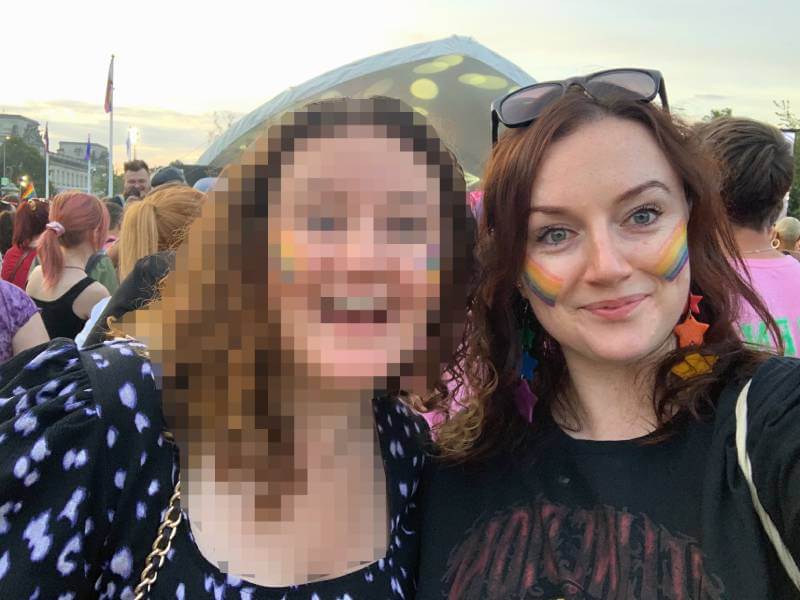
Kate now, in “a much more manageable place”.
Depression is complex, consuming and everyone who experiences it themselves, or through a loved one, will have a different journey. Sharing this piece might just help those who want to help be able to do so with compassion and care.
Sorry not to end on a punchline.
World Mental Health Day is on October 10th.
Share this article…


